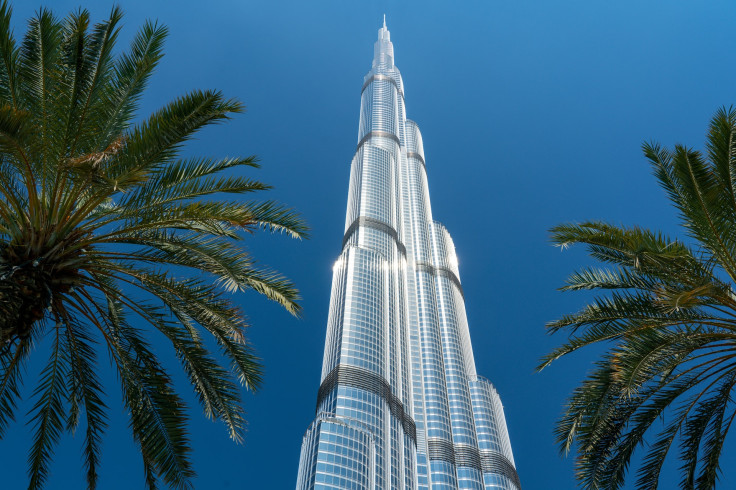AED30 Bn 'Tasreef' Project Gets Go-Ahead To Upgrade Dubai's Rainwater Drainage System

The "Tasreef" project - worth AED 30 billion - has received a go-ahead to upgrade Dubai's rainwater drainage system by 700%, making it one of the emirate's biggest infrastructure plans. The project will cover all areas of Dubai.
The project was approved by Sheikh Mohammed bin Rashid Al Maktoum, Vice President and Prime Minister of the UAE and Ruler of Dubai in the presence of Sheikh Maktoum bin Mohammed bin Rashid Al Maktoum, First Deputy Ruler of Dubai and Deputy Prime Minister and Minister of Finance of the UAE, alongside Second Deputy Ruler of Dubai Sheikh Ahmed bin Mohammed bin Rashid Al Maktoum.
Sheikh Mohammed said that continuous improvement of Dubai's sustainable infrastructure is essential for its growth and prosperity, adding that this initiative aims to create a modern, safe, and adaptable drainage system that can handle future challenges.
The Ruler of Dubai noted that this is the "largest rainwater collection project in a single system in the region, the initiative will increase the capacity of the drainage network in the emirate by 700%, ensuring the emirate's readiness to face future climate-related challenges," WAM reported.
"We have directed the immediate implementation of the project, which will be completed in phases by 2033. Dubai continues to drive infrastructure and urban advancements, enhancing safety and security for everyone living in the emirate," he added.
This project will boost efficiency and cut costs for building, running, and maintaining the drainage stations by 20%, while also extending the system's lifespan.
It will allow the drainage system to handle 20 million cubic meters of rainwater per day, with a flow rate of 230 cubic meters per second. This makes it the biggest rainwater collection project in a single system in the region.
The "Tasreef" project is an extension of the drainage work started by Dubai in 2019, covering areas like Expo Dubai, Al Maktoum International Airport City, and Jebel Ali. This sustainable project is designed to handle future climate changes, like more rainfall, and can adapt to all kinds of rain events.
Earlier this year, the United Arab Emirates (UAE) witnessed heavy rainfall across the country, resulting in floods. In response, the government allowed employees to work from home due to severe weather conditions.
© Copyright 2023 IBTimes AE. All rights reserved.

















